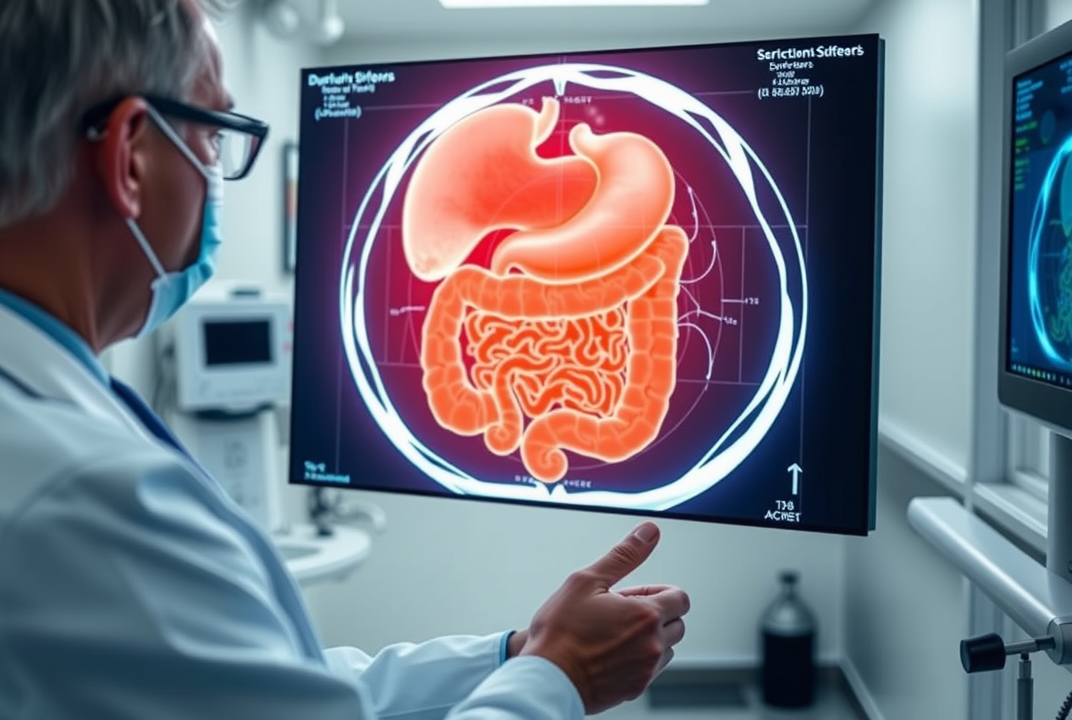Handling Complex Diverticulitis Cases: A Doctor's Approach

Introduction
Every year, thousands of people are diagnosed with diverticulitis, a condition that affects the digestive tract. While most cases are mild and manageable, some can become complicated, requiring specialized medical attention. But how do doctors handle these complex cases to ensure the best patient outcomes? This article sheds light on the meticulous approaches adopted by healthcare professionals when addressing intricate diverticulitis scenarios.
In this comprehensive guide, you'll learn about the medical strategies used in treating complicated diverticulitis, including diagnostic techniques, patient management, and innovative treatment options.
Understanding Diverticulitis: A Brief Overview
Diverticulitis occurs when small pouches, known as diverticula, form in the digestive tract and become inflamed. Depending on the severity, this condition can range from mild symptoms to severe complications, such as abscesses, perforations, or bowel obstructions.
For healthcare professionals, the primary concern remains how to differentiate between uncomplicated and complicated cases. Identifying these differences early is crucial to determine the appropriate course of treatment.
Diagnostic Procedures in Complicated Cases
The first step in managing complicated diverticulitis is thorough diagnostic evaluation. Doctors often utilize imaging techniques such as computed tomography (CT) scans, which are invaluable in detecting abnormalities like abscesses or perforated diverticula.
Additionally, lab tests are performed to check for infection indicators. Elevated white blood cell counts often suggest an underlying infection that requires immediate intervention.
Treatment Strategies for Complex Cases
Once a diagnosis is confirmed, the focus shifts to treatment. In complex diverticulitis cases, conservative therapies like antibiotics might be insufficient. Here are some standard interventions:
-
Abscess Drainage: When pockets of pus form, they must be drained either percutaneously or surgically.
-
Surgical Intervention: In some cases, a bowel resection might be necessary to remove the affected segment.
-
Colostomy: A temporary measure that allows the bowel to heal, redirecting waste through a stoma.
-
Antibiotic Therapy: Targeted antibiotic treatment to address infections, guided by culture results.
Doctors tailor these interventions based on the patient’s condition and the response to initial treatments.
Patient Management and Monitoring
Complicated diverticulitis demands vigilant patient monitoring. Frequent follow-ups and imaging studies are critical to evaluate the effectiveness of the chosen treatment strategy.
Healthcare providers also emphasize lifestyle modifications, advising on dietary changes to prevent future flare-ups. Low-residue or high-fiber diets are often recommended based on individual needs.
Innovative Treatment Approaches
Advancements in medical research continuously offer new insights and tools for better management of complicated diverticulitis. Minimally invasive surgical procedures and precision medicine are two areas seeing promising development.
-
Robotic Surgery: Surgeons use robotic systems to perform precise and less invasive surgeries, reducing recovery time and complications.
-
Personalized Medicine: Genetic profiling helps tailor treatment plans, improving outcomes and patient satisfaction.
Conclusion
Managing complicated diverticulitis is a challenging yet rewarding aspect of healthcare. By employing detailed diagnostic and treatment strategies, along with advancements in medical technology, doctors are better equipped to handle these cases effectively.
For patients, staying informed about their condition and treatment options is crucial. If you suspect or are diagnosed with diverticulitis, consult with healthcare professionals to discuss the best management plan tailored to your situation.
Stay abreast of the latest medical innovations and research findings to make informed choices about your health.